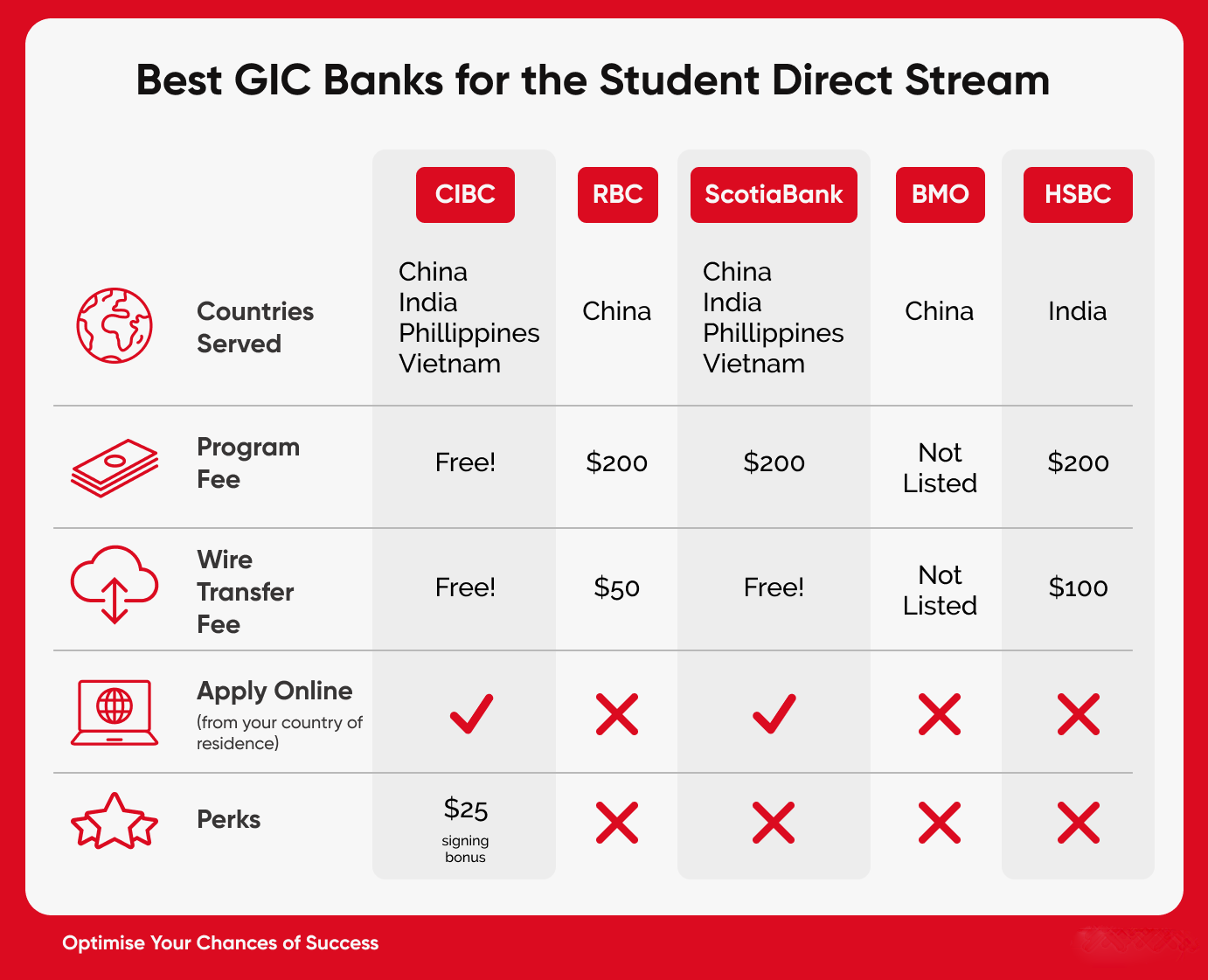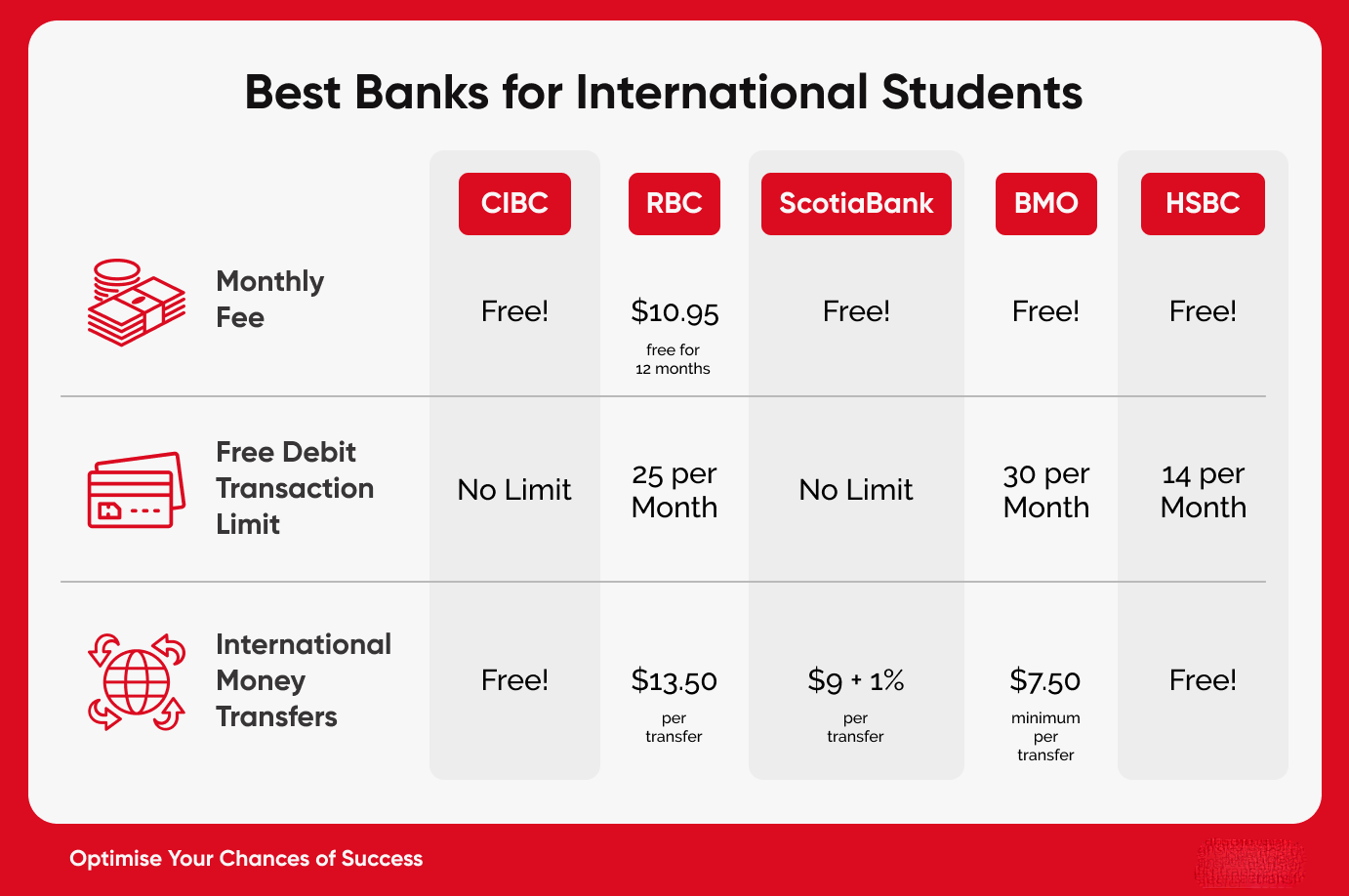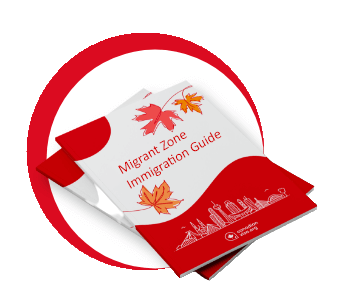The majority of Canada’s international student cohort hail from three countries including India, China, and Korea. The great news is that applying to study in Canada is now even quicker for international students from eligible Asian and African, as well as Central and South American countries. Through the Student Direct Stream (SDS), you can obtain a Canadian study permit in 20 calendar days and no longer have to wait a few months. To qualify for the expedited application processing you must meet the criteria for a study permit plus additional requirements that we discuss in more detail below.
What is the Student Direct Stream (SDS)?

Launched in 2018, the Student Direct Stream (SDS) is a replacement of the previous program known as the Student Partners Program (SPP). The SDS aims to enhance the economic, cultural, and social benefits that international students bring to Canada by making it faster to apply for Canadian study permits. While regular study permit applicants are allowed to submit incomplete applications due to COVID-19, the Student Direct Stream still requires complete applications.
Who Can Apply for the Student Direct Stream (SDS)?
There are currently 14 SDS participating countries and you can apply for a Canada study permit if you're a legal resident of one of the countries in the list below. Keep in mind that you must currently be residing in the country to be eligible for expedited visa processing through the SDS, otherwise, you need to follow the regular study permit application process.
List of Eligible Countries
- China;
- India;
- Morocco;
- Pakistan;
- the Philippines;
- Senegal;
- Vietnam;
- Antigua and Barbuda;
- Brazil;
- Colombia;
- Costa Rica;
- Saint Vincent and the Grenadines;
- Peru; and
- Trinidad and Tobago
Student Direct Stream: Study Permit Requirements

To qualify for the Student Direct Stream in Canada, you must meet additional requirements. These include having higher English or French language proficiency for academic purposes, as well as a $10,000 CAD investment that you can access once you start your studies in Canada. Below, a list of documents you need to collect in order to apply for a Canadian study permit through the SDS.
What do you need?
- An acceptance letter from a post-secondary designated learning institution;
- Proof that you paid your tuition for your first year of study;
- A Guaranteed Investment Certificate (GIC) of CAD $10,000;
- A Certificat d’acceptation du Québec (CAQ) from the Ministère de l’Immigration, de la Francisation et de
l’Intégration (only if you’re planning to study in Quebec);
- A medical exam (if needed);
- A police certificate (if needed);
- Your most recent secondary or post-secondary school transcript;
- English language test results (IELTS) academic or general training score of six or higher in each skill
(reading, writing, speaking, or listening) OR;
- French language test results (TEF) score that’s equal to Canadian Language Benchmark (CLB) score of seven or
higher in each skill (reading, writing, speaking, or listening).
What is a Guaranteed Investment Certificate (GIC)?
A GIC is proof that you have a Canadian investment account with a balance of CAD $10,000. When you start your studies in Canada you will get access to your money in the form of an initial lump sum. Usually, students receive $2,000 when they first arrive in Canada. The remainder of the funds will be paid-out in monthly or bi-monthly payments over 10 or 12 months.
Financial Institutions that Offer GICs
So, which bank should you use to open an investment account? First and foremost, it’s important to choose a bank that meets the criteria for a GIC which includes a guaranteed rate of return for a fixed period of time. Many banks offer
GICs and should hold your money in an investment account or student account and confirm your identity before they release any funds. Below, a list of financial institutions that offer GICs.
Financial institutions that offer GICs
- Bank of Beijing;
- Bank of China;
- Bank of Montreal (BMO);
- Bank of Xian Co. Ltd;
- Canadian Imperial Bank of Commerce (CIBC);
- Desjardin;
- Habib Canadian Bank;
- HSBC Bank of Canada;
- ICICI Bank;
- Industrial and Commercial Bank of China;
- RBC Royal Bank;
- SBI Canada Bank;
- Scotiabank; and
- Simplii Financial
Note: Not all of the banks serve each of the SDS-eligible countries. See the infographic below for more in-depth information about the best Canadian banks for GICs.

Source: Moving to Canada
Another thing to consider is that when selecting a financial institution for your GIC, you’ll also have to sign up for a cheque account for day-to-day expenses and to access your investment. You’ll want to choose a bank that offers the best benefits for international students. Take a look below at the top banks for international students in Canada, and some of the perks you can expect.

Source: Moving to Canada
How to Get a Canada Study Permit Within 20 Calendar Days

Step 1: Qualify for the Student Direct Stream
If you meet the requirements of the SDS and collect all of the required documents then you can submit your
application to get a Canada study permit in a fraction of the time.
Step 2: Apply Online
The Student Direct Stream is strictly online-based. You must create an online account and submit your complete application along with your documents. It costs $150 to process your study permit application
and in most cases, you may be asked to submit your biometrics which cost an additional $85.
Step 3: Bring Your Family Members Along
Your spouse or common-law partner, as well as dependent children, can accompany you to Canada by applying for open work and study permits which will allow them to work in Canada and enroll at primary and secondary schools, while you complete your Canadian qualification. It’s important to submit their
applications at the same time as yours to qualify for the faster application processing times.
You Can Work Full Time In Canada as an International Student
Many international students in Canada look to take on part time or even full time work to help finance their lifestyle while they study. As of November 15 2022, international students in Canada who's study permit allows them to take on an off-campus job, are no longer subject to the 20-hour per week restriction that is currently in place. This allows international students take on more work-intensive jobs, giving them both the opportunity for substantial work experience and earn far more while they study. For more information on how this change can affect you, look at our News Article.
How Studying in Canada Leads to a Bright Future

When you graduate, there is no doubt that you’ll be leaving Canada with a world-class education behind your name and a promising career to look forward to. But what if you don’t have to leave at all? Studying in Canada is a surefire way to stay on and live in this incredible country permanently.
With exclusive programs for international graduates like the Post-Graduation Work Permit Program (PGWPP), you can put your new Canadian qualification to good use by landing a job in Canada and working in the country for the same duration of time as it took to complete your qualification. So, if you obtained a three-year Bachelor's
degree, then you can work in Canada for up to three years, which gives you ample time to gain significant
Canadian work experience. Not only does this look excellent on your resume but it’s exactly what you need to qualify for immigration programs such as the Canadian Experience Class (CEC), for example.
The pathway to permanent residency for international graduates is relatively clear and straightforward and mostly leads to successful immigration applications. Studying in Canada opens the doors to many opportunities in the Great North, and a bright future.
How Can We Help
For professional help and guidance, put your visa application in the trusted hands of our student advisors and certified visa professionals. Our team of dedicated student advisors can provide you with excellent options for designated learning institutions that suit your budget and career goals, and even guide you through the enrollment process to obtain your letter of acceptance. By using our services, you will receive a document checklist and we’ll submit your application on your behalf to ensure fast, and optimal results!
FAQs
1. What is the difference between SDS and non-SDS colleges in Canada?
The Student Direct Stream (SDS) is offered to specific nations. The majority of Canadian colleges have a Designated Learning Number (DLN) that identifies the school as a participant in the SDS program. If your desired institution is not part of this program, you can still apply for a study permit. However, you’ll have to apply for a standard Study Visa, which can take longer. Non-SDS is a standard visa application procedure for temporary residency in Canada for employment, study, or immigration. It is open to all foreign passengers, regardless of their native country.
2. Can I apply for an SDS program without IELTS?
Evidence of a legitimate language test result must be provided. The test must have been completed within two years of the SDS application's receipt, demonstrating one of the following: a 6.0 or above in each language competency: listening, reading, writing and speaking, on the International English Language Testing System (IELTS); or The French Test d'Evaluation de Français (TEF) score comparable to a Canadian Language Benchmark (CLB) score of at least 7 is required: 310 points for speaking, 249 points for listening, 207 points for reading, and 310 points for writing.
3. Is it possible to obtain permanent residency in Canada through the SDS?
If international students wish to stay in Canada after the completion of their studies, Canada makes it simple for them to become permanent citizens. International students can stay in Canada and work for up to three years after graduation with the Post-Graduate Work Permit. International graduates may be able to seek permanent residency after working in Canada for one year.
Are you ready to apply for your Canadian study permit through the Student Direct Stream?
Click on the link below to start your exciting journey to Canada.




